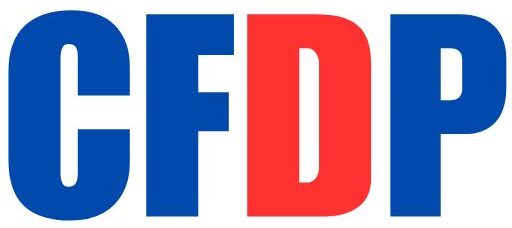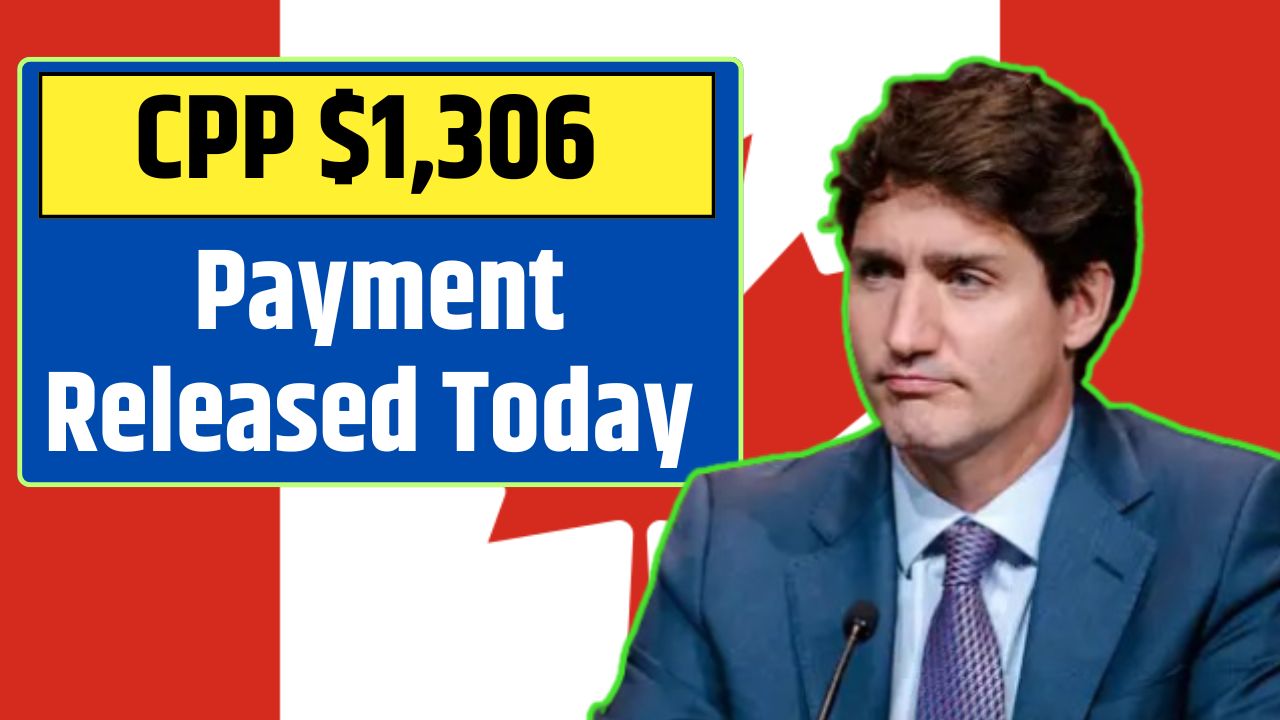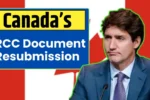The wait is almost over for Canadian seniors, since the Canada Pension Plan (CPP) has finally availed its January payments. As it goes, eligible beneficiaries can expect to pocket as much as $1,306 in their accounts. This will provide them with some financial leeway on how they will face the new living conditions in the year. This blog will summarize the payment itself and the requirements needed to become an eligible recipient, while pointing out the crucial calendar dates so one can receive the benefits without delays:
Understanding the CPP Payment
The CPP provides you with monthly payments that are mostly tax-deductible for replacing a portion of your income post-retirement. It is paid out of tax contributions by each worker and employer across the Canadian nation. Depending on how much you have worked in the CPP or when you apply to receive benefits, the benefit salary will differ.
The maximum monthly payment within 2025 would reach $1,306.57, which has been incremented as a consequence for inflation and any other possible catching up with regard to economics at that time. However, the majority of the recipients receive much less than the maximum. The average monthly number for the CPP retirement pension is around $811. Payment amounts depend on questions of
- At what age will you begin to receive benefits? (Early withdrawal will diminish payment amounts)
- Your total contribution to the CPP during your working years.
- The total years paid and paid earnings over those said years.
Who Is Eligible?
Eligibility to apply for CPP is as follows:
- Contribution History: You must have contributed to CPP by working through an employment or self-employment source. Contributions are compulsory for all people aged 18-65 if their income exceeds $3,500 annually.
- Age: CPP can be drawn starting from the 10th birthday in the Caribbean but has to be drawn before the 70th birthday. Earlier payments apply lower monthly payments, however, a delay will increase the benefits by 0.7 percent per month after age 65.
- Residency: Although contributions to CPP are made from employment earned inside Canada, beneficiaries still qualify to receive it even if retiring outside the country.
If this information has raised any doubt in you as to whether you fall within or do not fall under such categories, please visit the official Service Canada website and consult a representative.
Important Dates to Keep in Mind
You will know when the payment schedule is due so that you will be ready for the arrival of your funds. Here’s a date you don’t want to forget:
- Payment Date in January: January 2, 2025.
- Future 2025 Payment Dates:
- February 27
- March 28
- April 25
- May 29
- June 27
- July 29
- August 28
- September 26
- October 29
- November 27
- December 27
Payments are usually deposited directly into your bank account. To ensure seamless transactions, double-check that your banking information with Service Canada is up-to-date.
How to Apply for CPP
So if you’ve already got your dates set for eligibility and don’t have any applied for CPP benefits, here’s a quick and simple guide to follow:
- Online Application: You can apply through your My Service Canada Account (MSCA), which is probably the fastest and most convenient way.
- Mail or In-Person: It is also possible to fill out the paper application, submit it by mail, or visit a Service Canada office where you will get help.
- Timing: Apply at least six months before your pension should start, as this is the most time-efficient approach.
Supplementary Benefits
In addition to the regular pension payable under the CPP at retirement, there are supplementary benefits that you may qualify for:
- Post-Retirement Benefits (PRB): It applies to an individual who continues working and making contributions to CPP after the receipt of an old-age pension at retirement.
- Disability Benefits: This benefit is available for people unable to work because of severe, prolonged disability.
- Survivor Benefits: This would be paid to the spouse or common-law partner or dependent children of a contributor who dies.
- Death Benefit: A once-off payment to the estate of the deceased contributor.
Make sure you have gone through all benefits so you can claim maximum possible support.
Tips for Managing Your CPP Income
- Budget Wisely: CPP payments are taxable, so consider how they fit into your overall retirement budget. Estimate your annual tax liability and set aside funds accordingly.
- Explore Additional Savings: CPP is only one part of retirement income. Supplement it with savings from Registered Retirement Savings Plans (RRSPs), Tax-Free Savings Accounts (TFSAs), or employer pensions.
- Monitor Inflation Adjustments: CPP payments are indexed to inflation, so keep an eye on annual increases that can affect your monthly income.
Conclusion
This is the CPP payment today, reminding the public about the need to know the pension rights and the right management of income in retirement. Whether you receive benefits or only planning to apply for them shortly, keeping oneself updated about some eligibility requirements, dates of payments, and even what other entitlements exist can make a huge difference in the financial steadiness of a person.
So check if the accounts details with the bank are okay and now mark the future dates of payments into your calendar. If there are still things you do not understand, seek advice from an expert so that you do not lose out on your CPP entitlements.




